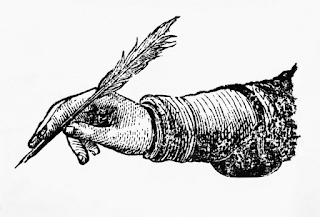Irish Times ✏ After nearly 20 years playing the ultimate long-game, can the party leader transform it from one-time political pariahs into a party of government?
| Jennifer Bray |
Implacable and stubborn, ruthlessly pragmatic, Sinn Féin leader Mary Lou McDonald, who is now five years in the party’s top post, is also described by those who know her as possessing extraordinary stamina and self-belief.
Those who look at her with a more critical eye, however, judge her to be a wily opportunist desperate not to fall foul of the public, someone who talks a big game about change but has yet to prove she can bring it about.
Depending on who you ask, she was either plucked from obscurity and primed for leadership over 20 years, or a canny grafter who has made countless personal sacrifices to stamp her way to the top of the traditionally male-dominated arena of Irish politics.
One person who has watched her at close quarters says she rules Sinn Féin with as much iron discipline as Gerry Adams did before her, always keen to emphasise to anyone who needs reminding, North or South, that she is the boss.
Those who look at her with a more critical eye, however, judge her to be a wily opportunist desperate not to fall foul of the public, someone who talks a big game about change but has yet to prove she can bring it about.
Depending on who you ask, she was either plucked from obscurity and primed for leadership over 20 years, or a canny grafter who has made countless personal sacrifices to stamp her way to the top of the traditionally male-dominated arena of Irish politics.
One person who has watched her at close quarters says she rules Sinn Féin with as much iron discipline as Gerry Adams did before her, always keen to emphasise to anyone who needs reminding, North or South, that she is the boss.
Continue reading @ Irish Times.























